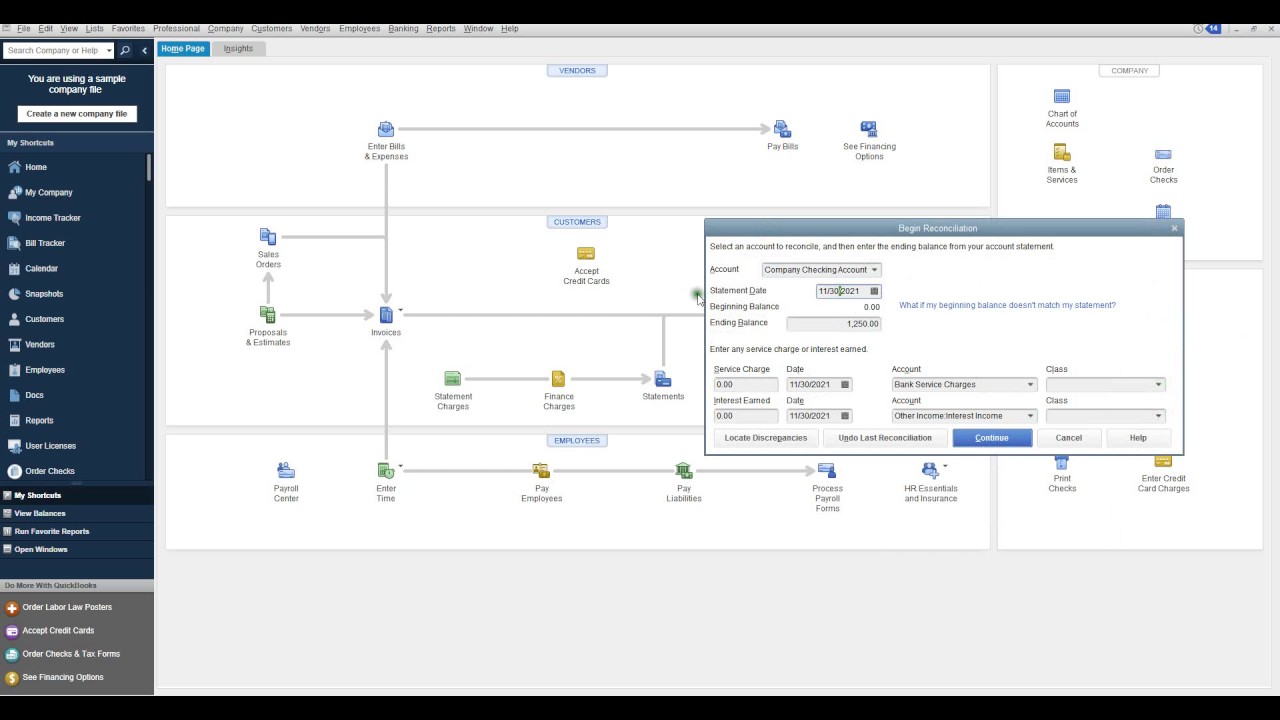Home>Finance>National Association Of Securities Dealers (NASD) Definition


Finance
National Association Of Securities Dealers (NASD) Definition
Published: December 28, 2023
Learn about the National Association of Securities Dealers (NASD) definition in finance and gain a better understanding of its role in the financial industry.
(Many of the links in this article redirect to a specific reviewed product. Your purchase of these products through affiliate links helps to generate commission for LiveWell, at no extra cost. Learn more)
Understanding National Association of Securities Dealers (NASD) Definition
Have you ever wondered about the intricacies of the financial world? Do terms like stocks, bonds, and securities leave you feeling confused? If so, you’re not alone. Navigating the world of finance can be daunting, but fear not, because we’re here to help! In this blog post, we will dive into the National Association of Securities Dealers (NASD) definition and shed some light on this important aspect of the financial industry.
Key Takeaways:
- National Association of Securities Dealers (NASD) is a self-regulatory organization that oversees the activities of broker-dealers in the United States.
- NASD was established in 1939 and later merged with the regulatory functions of the New York Stock Exchange (NYSE) in 2007 to form the Financial Industry Regulatory Authority (FINRA).
The National Association of Securities Dealers (NASD) was founded in 1939 as a self-regulatory organization in the United States. Its primary responsibility was to oversee the activities of broker-dealers and protect investors from fraudulent practices. The NASD played a vital role in enhancing market integrity and facilitating fair trading practices.
Over time, the NASD evolved and adapted to the changing needs of the industry. In 2007, it merged with the regulatory functions of the New York Stock Exchange (NYSE) to form the Financial Industry Regulatory Authority (FINRA). This merger led to a more streamlined regulatory framework, ensuring a level playing field for all market participants.
Today, FINRA continues the work initiated by the NASD, overseeing the activities of broker-dealers and promoting investor protection. It maintains a comprehensive and robust set of rules that govern the conduct of its members, ensuring compliance with ethical standards and regulatory requirements.
Key Takeaways:
- NASD was founded to oversee broker-dealers and protect investors from fraudulent practices.
- NASD merged with the NYSE regulatory functions in 2007 to form FINRA, which continues to regulate the industry today.
In conclusion, understanding the National Association of Securities Dealers (NASD) definition is crucial for anyone seeking to navigate the financial world. By ensuring fair trading practices and protecting investors, organizations like FINRA have played a vital role in maintaining market integrity. So the next time you hear about the NASD or FINRA, you can confidently refer back to this blog post and impress your friends with your knowledge!














